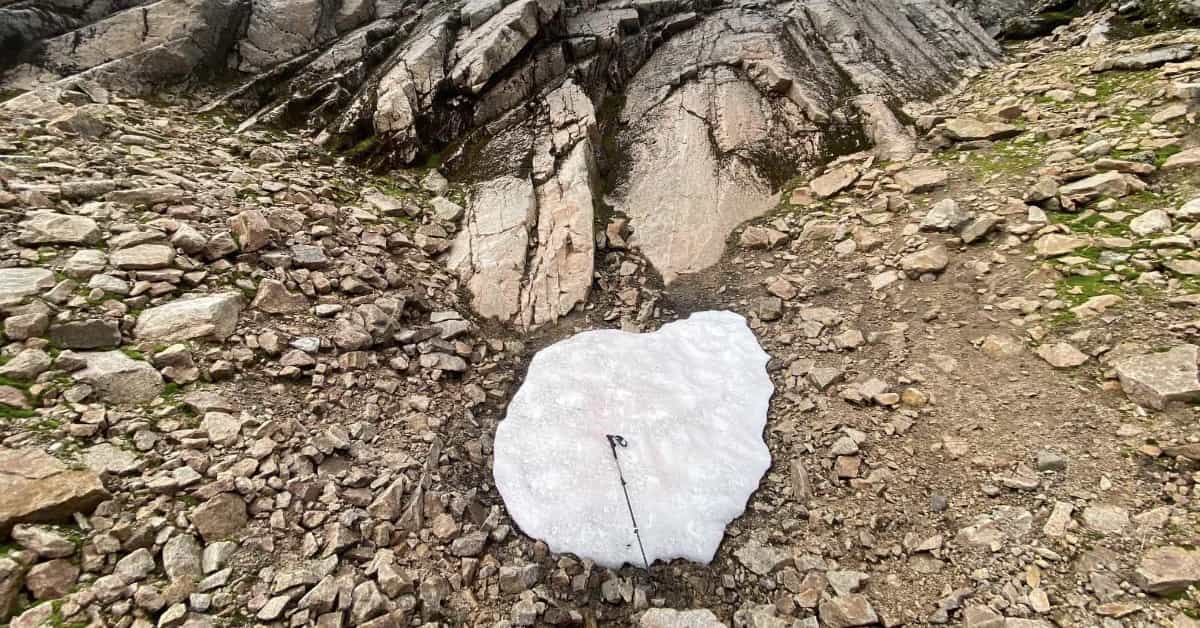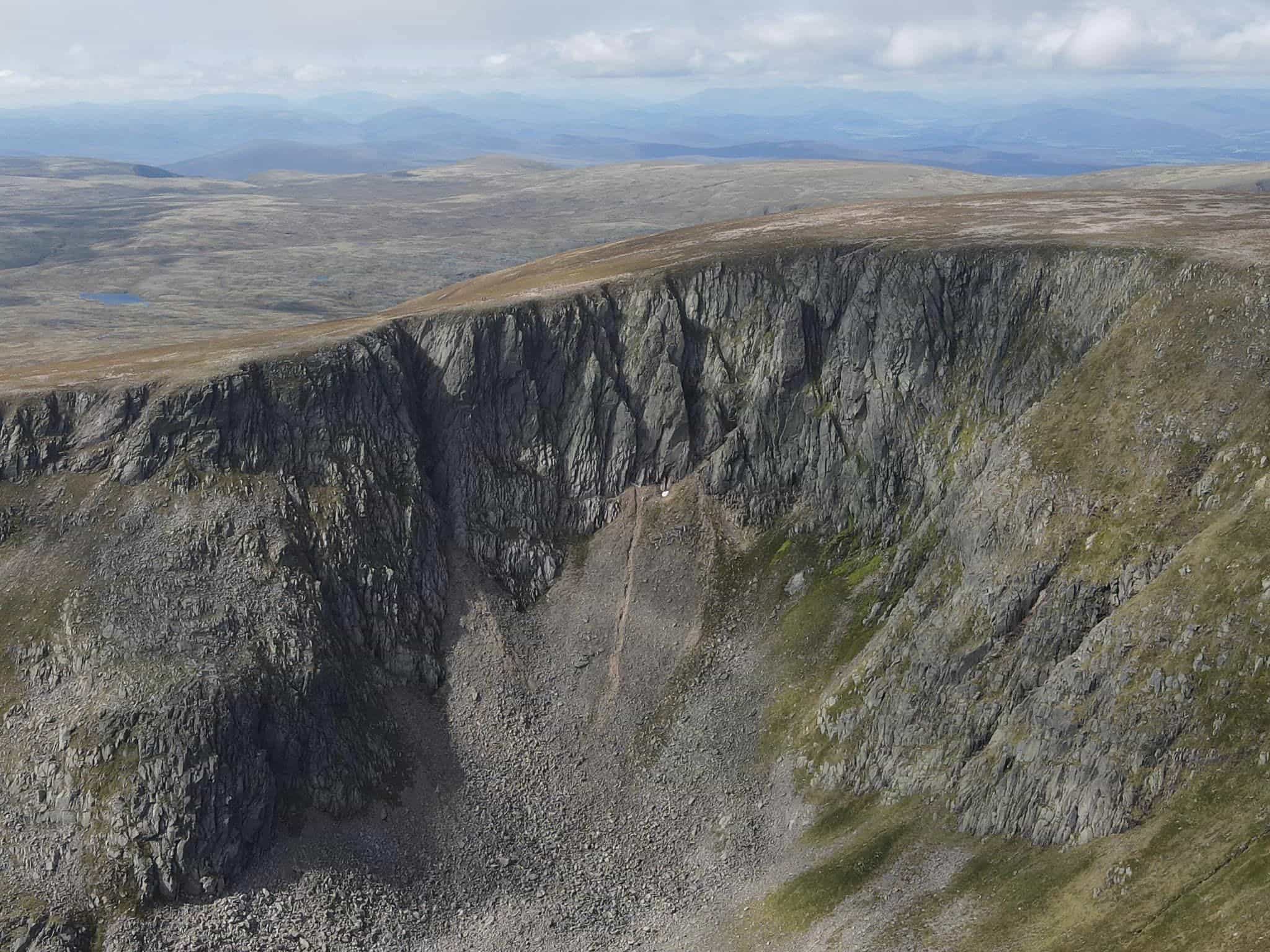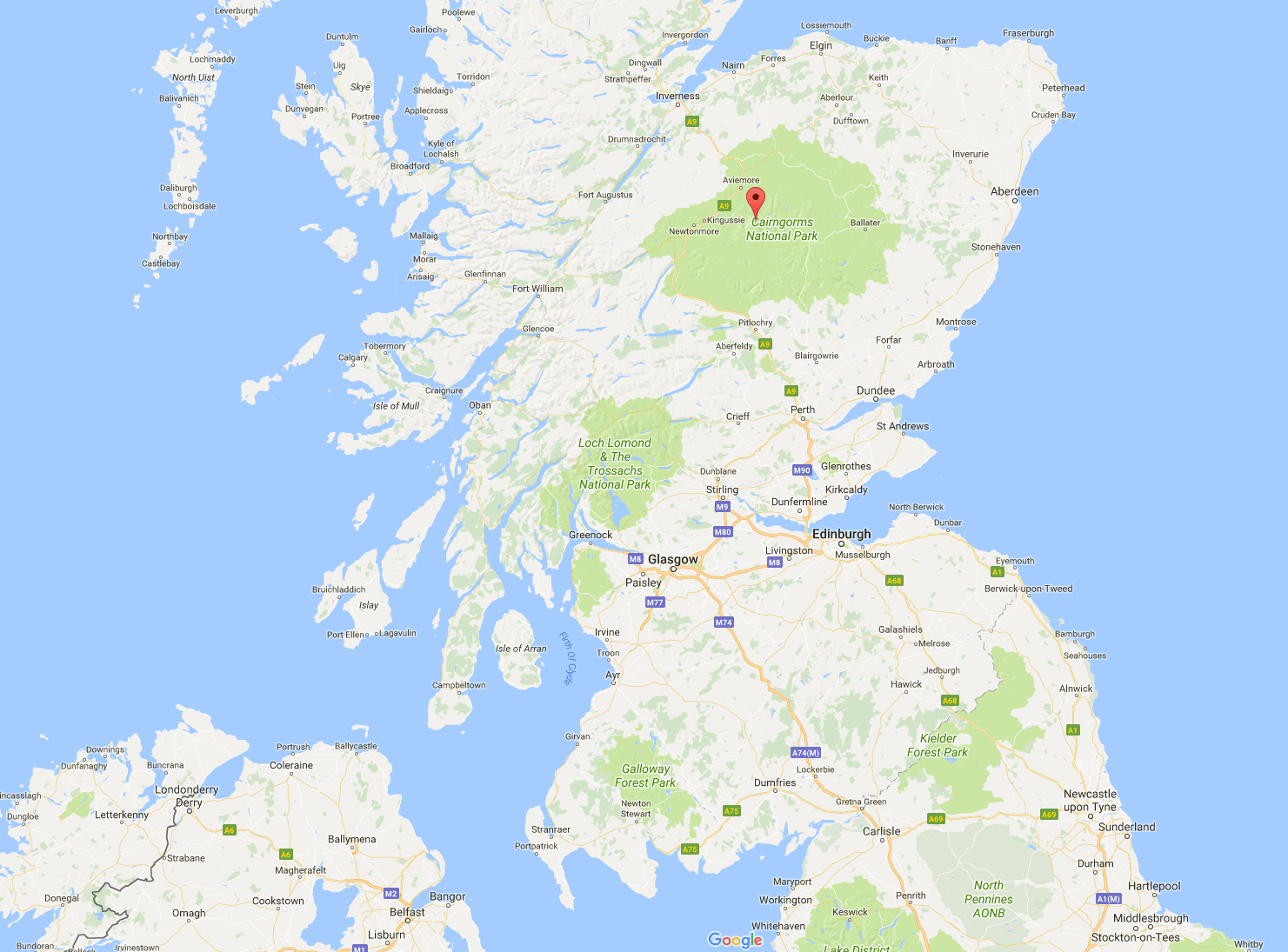
In a stark reminder of our changing climate, the Sphinx, a once-permanent snow patch on Braeriach in Scotland’s Cairngorms, has melted for the fourth consecutive year. This unprecedented event marks the first time in recorded history that the snow has disappeared for four years in a row.
The Sphinx, named in the 1940s for the rocks surrounding it on Garbh Choire Mor, is a remnant of the last Ice Age. This snow patch on the UK’s third-highest mountain, 4,252′ Braeriach, has been closely monitored for centuries.
Iain Cameron, a 51-year-old citizen scientist from near Stirling, has been observing the Sphinx for two decades. He considers the ice patch a “barometer for climate change.” During his most recent visit, Cameron found the patch measuring a mere 0.5 meters, expecting it to vanish overnight.

Cameron attributes the increased melting to several factors:
– Fewer western-facing storms from the Atlantic
– Reduced snowfall in winter
– Increased rainfall instead of snow
According to BBC News, in the past 300 years that records have been kept regarding its existence, the snow patch at Garbh Choire Mor has reportedly only melted entirely in 1933, 1959, 1996, 2003, 2006, 2017, 2018, 2021, 2022, 2023, and now 2024. The earliest recorded melting of the snow patch was August 23rd, in 2003.
- Related: 9 Interesting Facts About Snow:
The acceleration in the rate of annual disappearances has not been lost on Scottish snow patch researcher Cameron. Mr. Cameron says anecdotal evidence going as far back as the 1700s confirms that some snow had always been present in Scotland until the first recorded total melt in 1933. He likened the disappearing pockets of snow to “canaries” of climate change (referring to the canaries once carried by miners to serve as the first indicators of the presence of dangerous gases) because they “persist right on the margins” and are highly sensitive to the slightest changes in temperature.
The Scottish Mountaineering Club began monitoring the Sphinx in the 1840s. In 1933, a letter to The Times newspaper noted its first melt in living memory, based on observations dating back to the mid-1800s.
To learn more about the terrain at Garbh Choire Mor on Braeriach, check out Steep Scotland.
